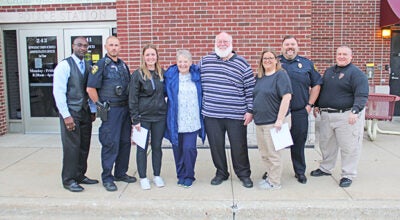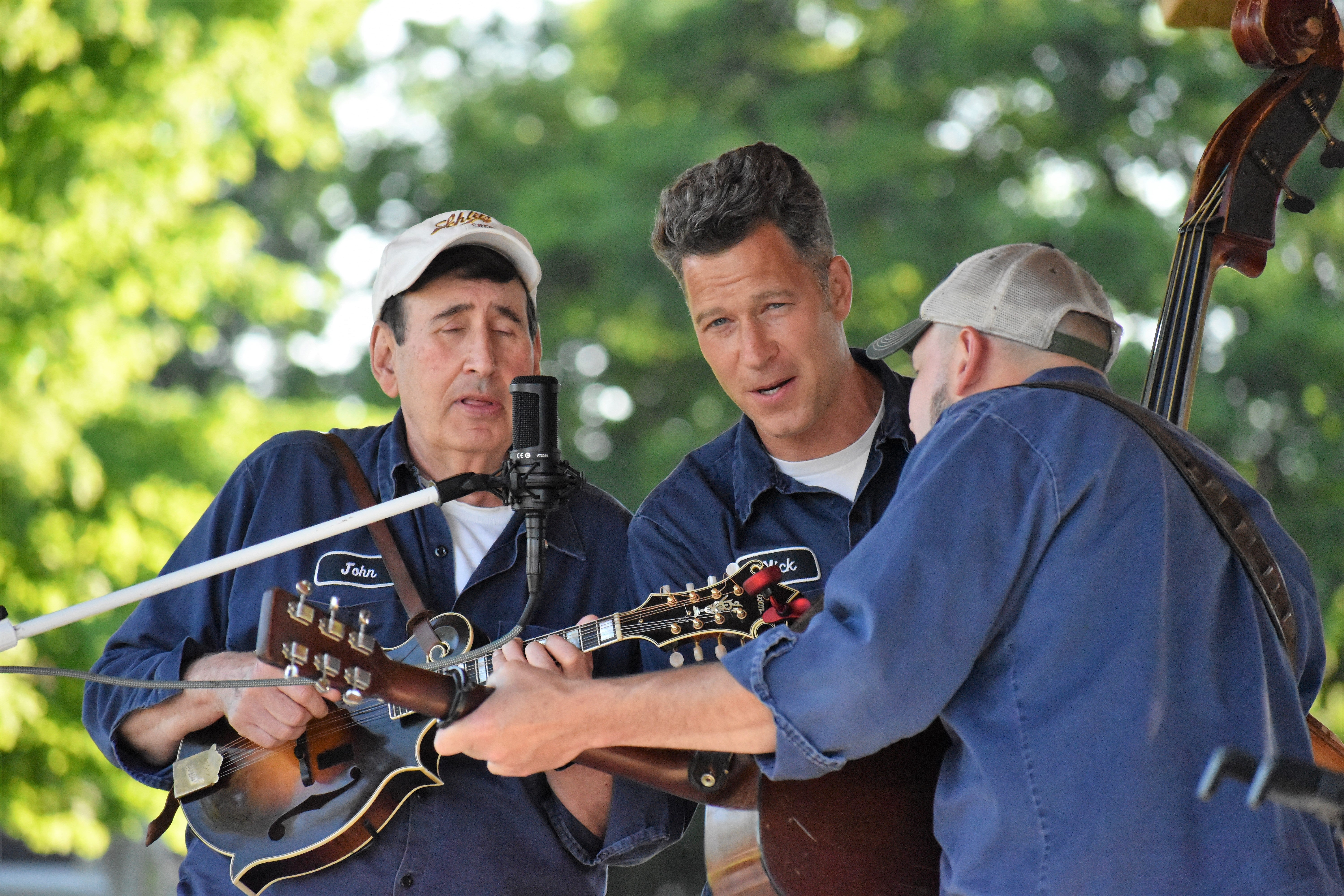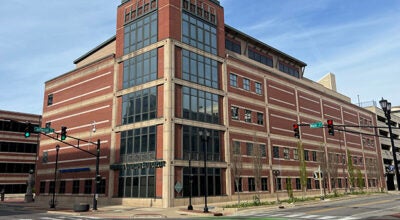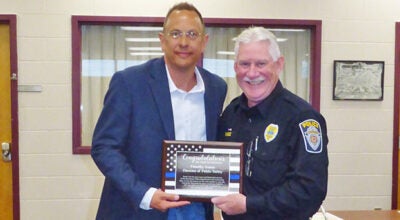Miracles amidst destruction
Published 12:31 am Saturday, March 6, 2010

Haitian children play amongst the rubble of Port-au-Prince. Dr. James Grannell spent a week providing medical care for people whose world was rocked by a magnitude-7.0 earthquake. (Photo submitted)
By AARON MUELLER
Niles Daily Star
Dr. James Grannell has learned to see miracles even in the direst of circumstances.
He saw plenty of them during his one-week mission trip to Haiti last month to provide medical care for the people whose world was rocked by a magnitude-7.0 earthquake. He went on the trip to the village of St. Ard with a team of nine doctors, dentists and nurses through an organization out of Indianapolis called Mission Haiti.
Grannell, an orthopedic surgeon at Sturgis Hospital who lives in Niles, saw people with unthinkable injuries and disease but was able to help many of them.
“On Tuesday, I saw this guy. See the gash?” Grannell said, pointing to a photo of a man with a gaping, puss-filled laceration across the top of his head and across his face.
“This guy was in a machete fight,” he said.
The man also had his hand sliced open when lifting it to block the blow of the machete, leaving fingers dangling from his hand.
“So I ended up taking off his index finger, closing the wound,” Grannell said. “While we were doing it, he had a seizure on the table. After spending two hours on the operating table, he got up an hour later and walked away.”
Sounds like a miracle, right? People still skeptical might change their minds when they hear the man walked two and a half days with the open wounds to the clinic.
“He should have bled to death, because there’s a lot of veins in your head,” he said. “You know he lost a lot of blood.”
Grannell also treated a man with an infected palm completely filled with puss.
“He had a thorn cut a couple weeks earlier. Couldn’t get treatment,” Grannell said. “He had to wait two weeks to come in, because there’s no one to take care of him.”
He also did successful surgeries on people with broken bones from quake and non-quake related incidents and did follow-up care for Haitians injured in the disaster.
But not everyone was so lucky.
“I saw a 76-year-old woman, hasn’t walked for two months. I didn’t know what was wrong with her,” he said. “We took an x-ray … cancer. It had eaten up the whole top third of her leg. She’s going to die.”
Grannell said he was both grieved and inspired by the Haitians’ “quiet suffering.”
He was impressed by how many of them had operations performed on them under only local anesthetic and wouldn’t even wince in pain. After getting treated, they would leave the clinic and take care of themselves.
He also was touched by “how appreciative all these people were to let you help them.”
“Then you see kid after kid at the orphanage, and you want to stay,” he said.
A different world
Grannell would wake up every morning at 5:45 to the sound of a single rooster in a tree by the building where he and the team slept. Then a donkey would begin baying. Soon an entire chorus of animals would make sure the doctors got out of bed and got to work.
After taking an ice cold shower, Grannell and the team would open the gates to the clinic.
“And then all these people would come running,” he said. “We would average between 450 and 475 patients a day.”
Grannell performed surgeries with old equipment that Lakeland Community Hospital in Niles donated to the cause.
But the conditions were far from what he was used to in an American hospital. It was often more than 100 degrees in the suffocating clinic. Because there was no electricity, he had to use a hand drill in his surgeries.
And the cases he dealt with were often much more severe than what he sees in southwest Michigan, because the Haitians often go weeks and months without treatment.
“The problem with Haiti is the nutrition issue,” Grannell said. “They are starving. Nutrition is totally inadequate. So they can’t heal their wounds. And they are predisposed to infections.”
Before arriving in St. Ard, the team drove through Port-au-Prince and saw the incredible destruction that the earthquake had caused.
“Maybe this is what a good bombing looks like,” Grannell said, “because it was bombed out.”
Answering the call
It was a sermon at Berrien Center Bible Church that initially inspired Grannell to go to Haiti.
“The issue was using gifts God has given you,” he said. “I left church and I felt a real need and desire to say I have been blessed with a lot of things and I need to help. I couldn’t get it off my mind.”
Grannell saw the whole experience as a call from God.
“I feel so blessed for the miracles I experienced,” he said.






